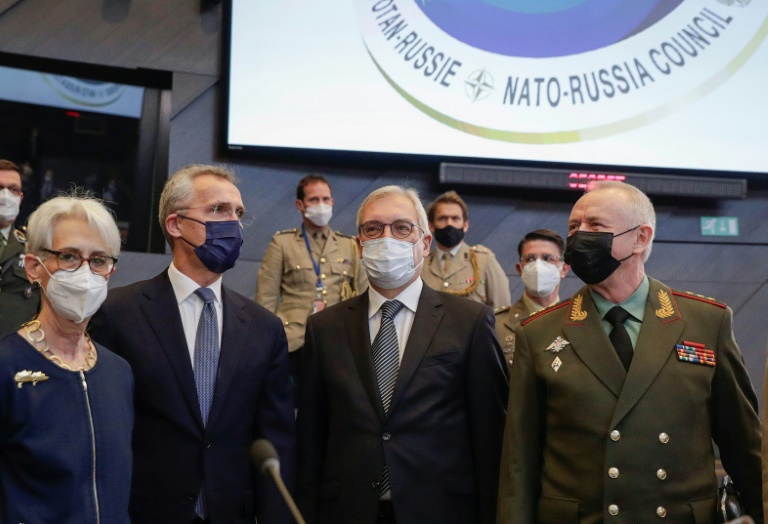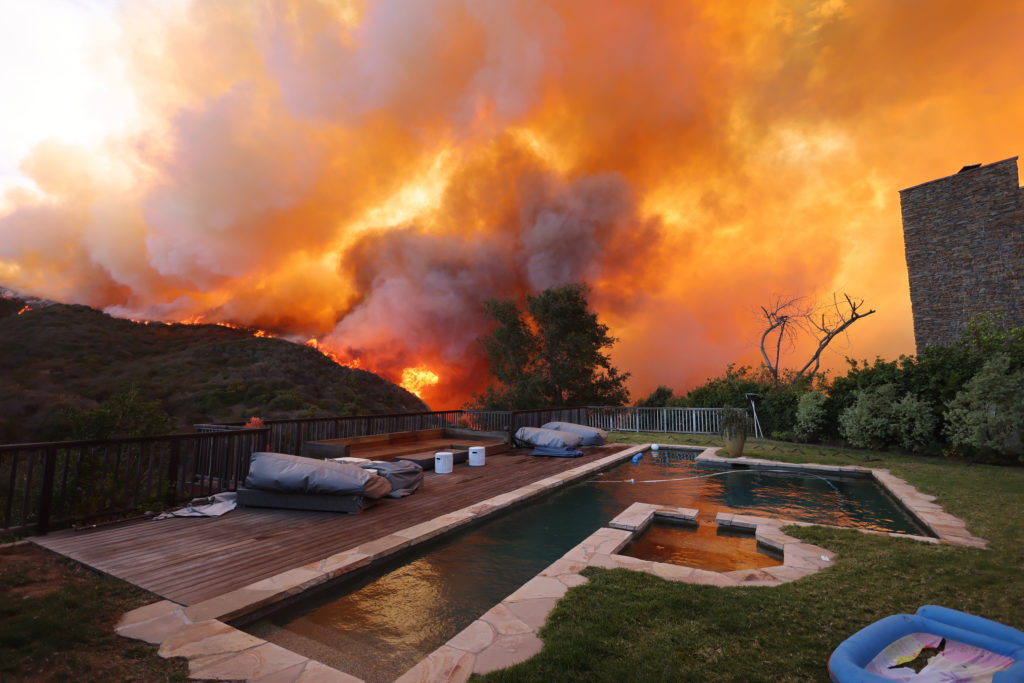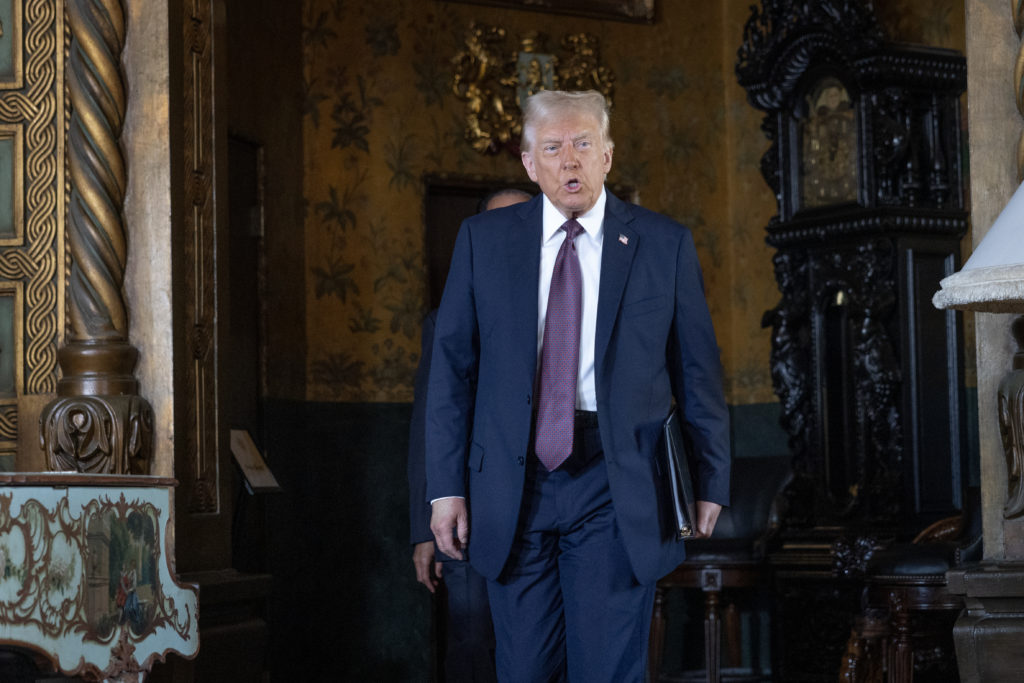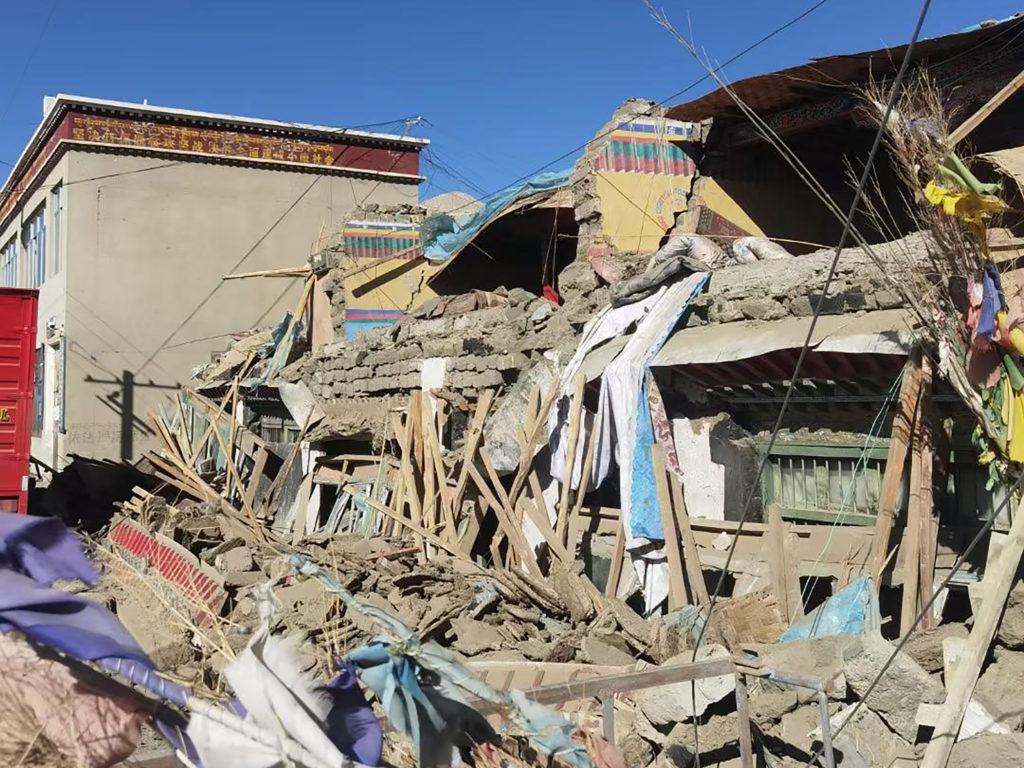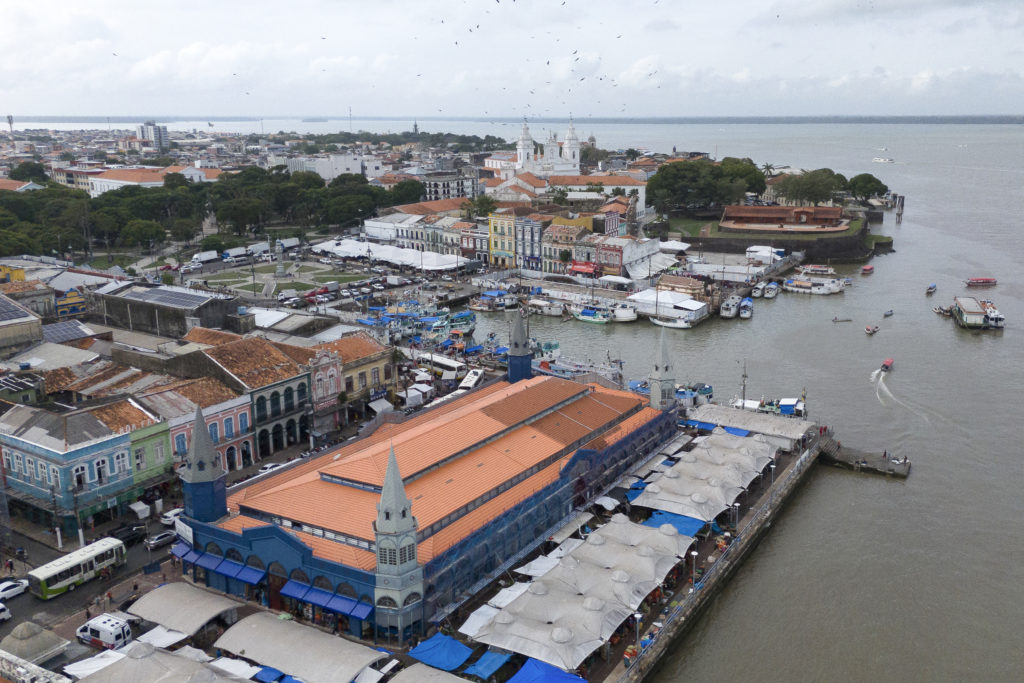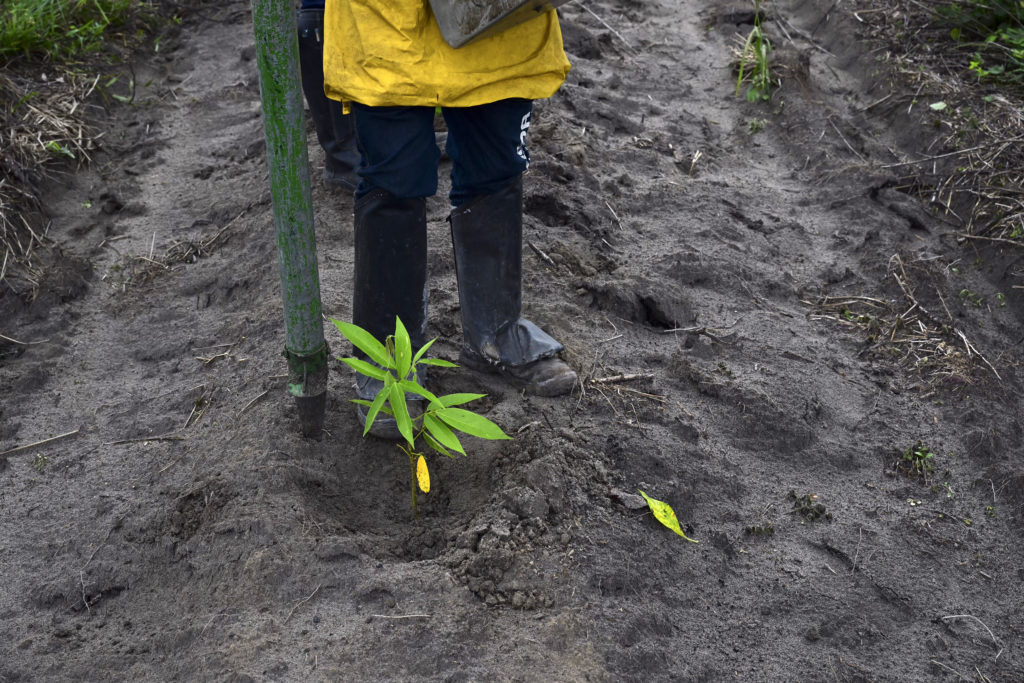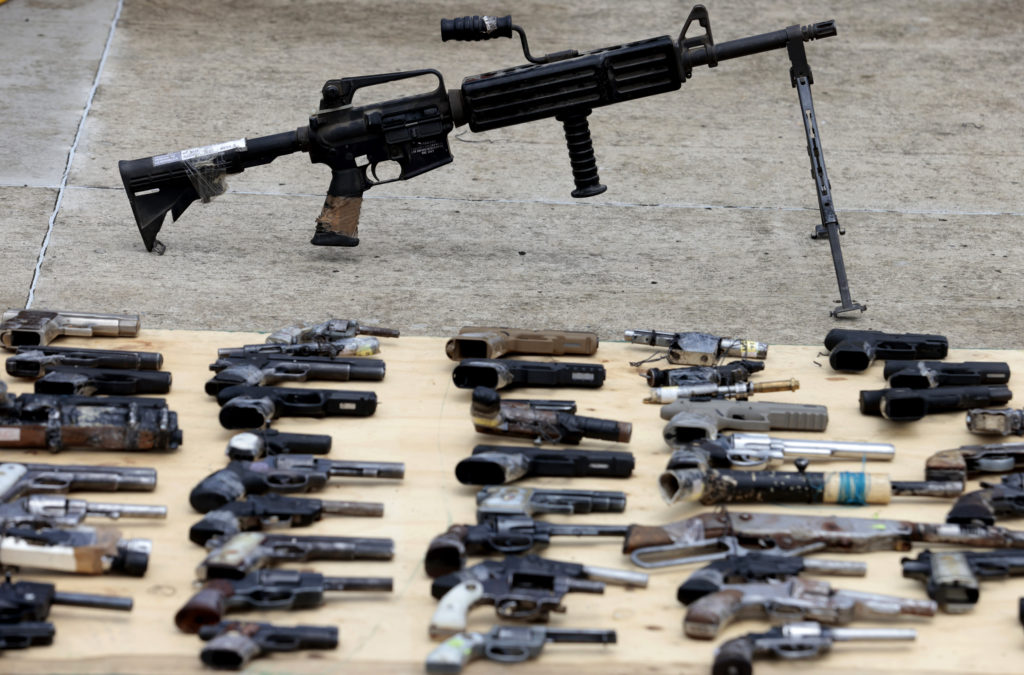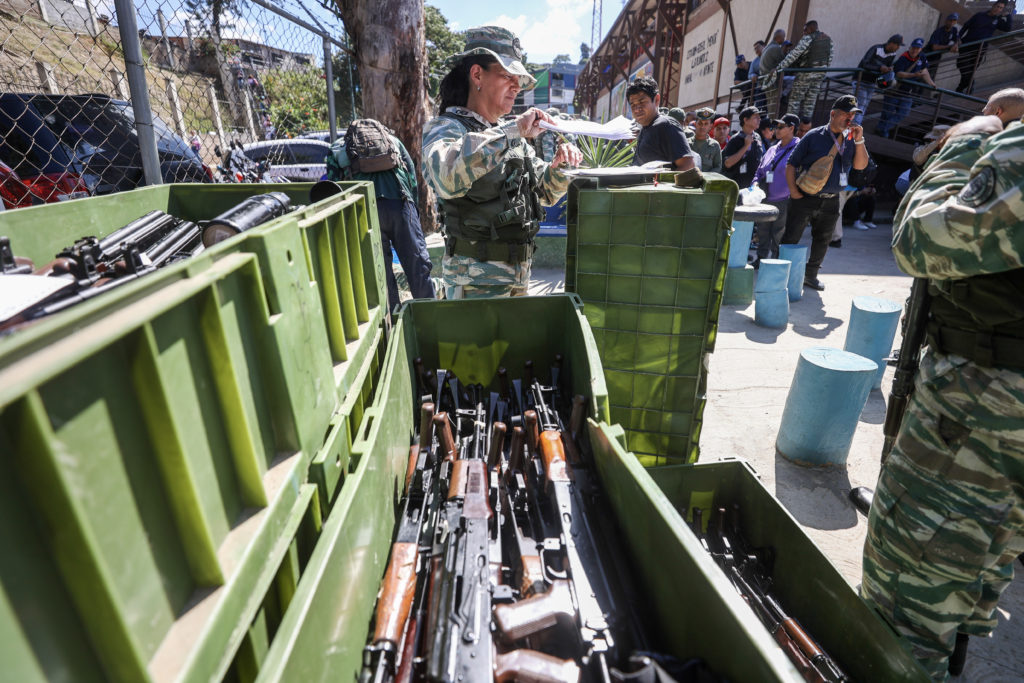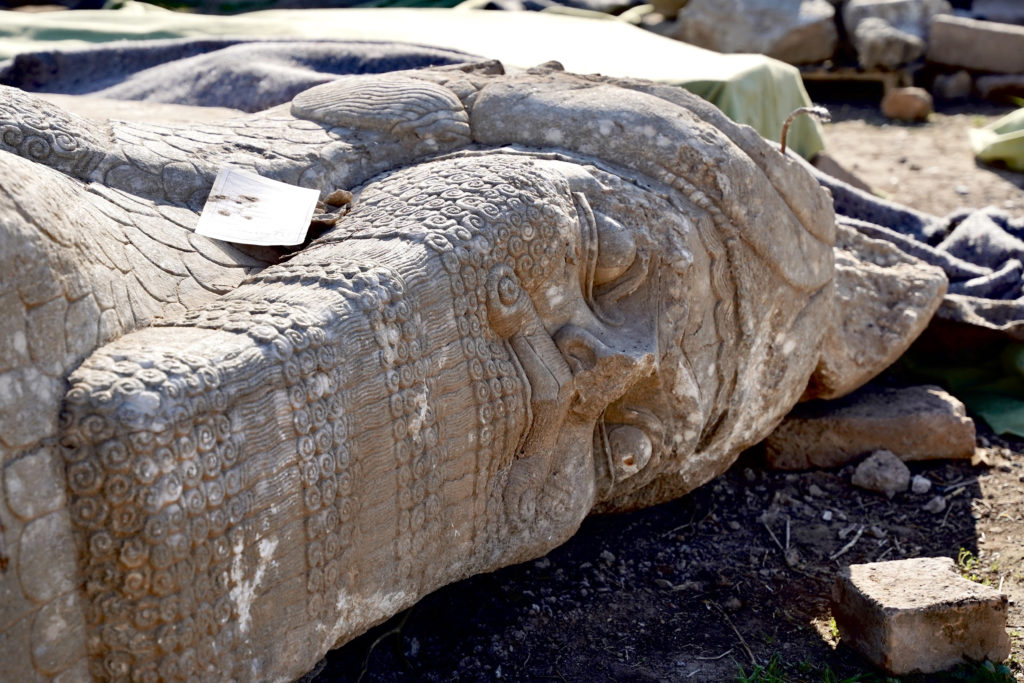The United States and its European allies sat down with senior Russian envoys at NATO headquarters on Wednesday, hoping that a revived diplomatic engagement can head off the threat of conflict on the Ukraine border.
Both sides remain wedded to their starting positions, and have begun a round of tense diplomacy with some 100,000 Russian troops massed near Ukraine’s frontier.
The West defends NATO’s “open-door policy” towards potential future members like Ukraine and Georgia, while Moscow is demanding a cast-iron guarantee that the alliance will not expand further towards its territory.
Russia’s massive troop build-up around already partially occupied Ukraine has forced Washington to engage with Moscow to head off fears of an all-out military confrontation.
The two sides on Wednesday revived the NATO-Russia council, a platform that has not met since 2019.
“It is a timely opportunity for dialogue at a critical moment for European security. When tensions are high, it is even more important that we sit down around the same table and address our concerns,” NATO Secretary General Jens Stoltenberg said as envoys sat down.
– ‘Moment of truth’ –
NATO and Russia broke off practical cooperation in 2014 after Moscow occupied and annexed the Ukrainian region of Crimea.
Russia’s diplomatic mission to the alliance was withdrawn in October last year after eight of its staff were expelled on allegations of espionage.
But the former ambassador — now a deputy foreign minister — Alexander Grushko was back on Wednesday to lead negotiations with Stoltenberg and US Deputy Secretary of State Wendy Sherman, having earlier this week described the revived council meeting as a “moment of truth”.
On Monday, Sherman met Kremlin envoys in Geneva for a direct US-Russia dialogue, but Washington’s European allies are keen not to be sidelined in security talks.
US officials promised solidarity as Wednesday’s meeting expanded the talks to ambassadors from NATO’s 30 members.
“It’s too early to tell whether the Russians are serious about the path to diplomacy or not, or if they’re prepared to negotiate seriously — we are,” White House spokeswoman Jen Psaki said Tuesday.
US President Joe Biden’s spokeswoman insisted: “NATO’S relationship with Ukraine is a matter only for Ukraine and the 30 NATO allies, not for other countries to determine.”
Russian President Vladimir Putin’s Kremlin wants to roll back what it sees as the West’s post-Cold-War encroachment on its turf.
Kremlin spokesman Dmitry Peskov said: “The continuation of NATO’s open-door policy and the further advancement of NATO towards our borders is precisely what, from our point of view, threatens us.
“This is exactly what we are asking not to continue through legally binding guarantees.”
Peskov refused to be drawn on whether Russia could launch a military operation if denied: “We would not like to throw around threats and ultimatums like American officials,” he added.
– Restrictions on exercises –
On Tuesday, Sherman was at NATO headquarters to brief Stoltenberg and the allies.
“The United States is committed to working in lockstep with our allies and partners to urge de-escalation and respond to the security crisis caused by Russia,” she said.
After more than seven hours of negotiations in Geneva on Monday, the Russian and US officials both offered to keep talking, though there was no breakthrough.
Moscow’s demands include a concrete guarantee that Ukraine will not be allowed to join NATO.
The allies have long insisted that NATO membership is a matter for sovereign states to decide for themselves and on Tuesday once again vowed to preserve their open-door policy.
They also threatened massive economic and financial sanctions against Moscow if its huge troop build-up on Ukraine’s frontiers and in Russian-occupied Crimea turns into a new invasion.
The new US ambassador to NATO, Julianne Smith, told reporters the talks could discuss “reciprocal restrictions on exercises” and “risk reduction, transparency, arms control and various ways in which we communicate with each other”.
Russia has put intense pressure on Ukraine since 2014, after a revolution overthrew a government that had sided with the Kremlin against moving closer to Europe.
Russia has seized and annexed the Ukrainian region of Crimea and Moscow backs an insurgency in eastern Ukraine in which more than 13,000 people have died.
burs-dc-csg/arp/imm

